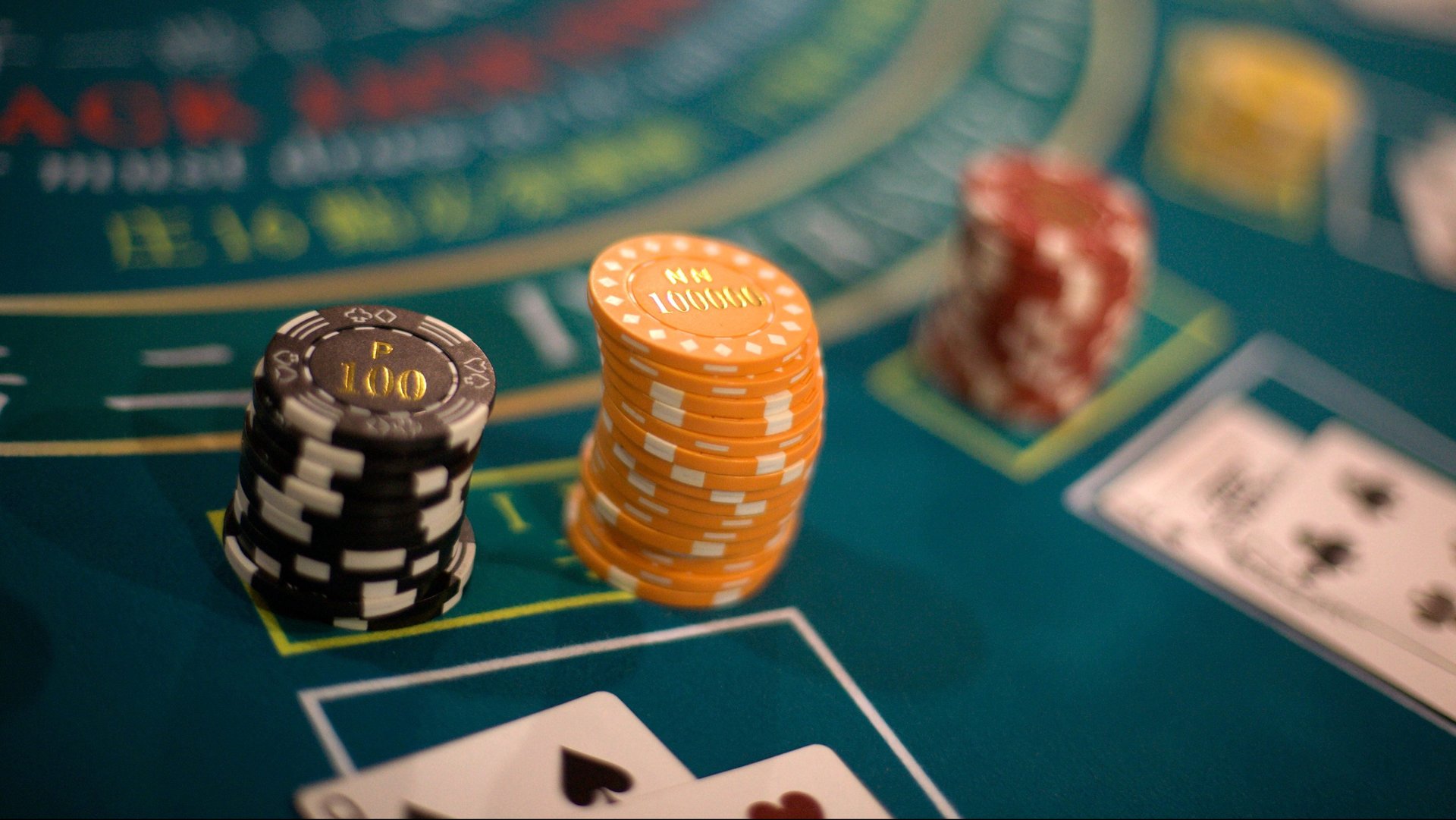The world’s gambling capital is paying people $1,250 under a wealth-sharing program
Macau is home to some of the world’s largest casinos. But it’s not only lucky gamblers who get to pocket cash from the house. Since 2008, the city’s government has been giving one-off annual cash handouts to its residents. This year, that handout is its largest yet, totaling the equivalent of about $1,245.


Macau is home to some of the world’s largest casinos. But it’s not only lucky gamblers who get to pocket cash from the house. Since 2008, the city’s government has been giving one-off annual cash handouts to its residents. This year, that handout is its largest yet, totaling the equivalent of about $1,245.
Macau announced Thursday (Nov. 15) that all local permanent residents would receive a cash handout of 10,000 patacas, or about $1245 (.pdf, page 13, in Chinese). Non-permanent residents, meanwhile, would receive 6,000 patacas. The city ran a budget surplus of 40.4 billion patacas (about $5.2 billion) in the fiscal year ended March 31 (.pdf, page 9, in Chinese).
The massive handout is part of Macau’s Wealth Partaking Scheme, first launched in 2008, in the middle of the financial crisis, and aimed at “shar[ing] the fruits of economic development with [the] general public” in a place that has become ever wealthier thanks to its casinos—but also more unequal. In terms of per capita GDP, at $122,500, Macau’s now right behind energy-rich Qatar, according to the IMF.
In the last fiscal year a little over 700,000 people received (.pdf) a total of 6 billion patacas ($770 million), a process that only finished up in September, with oldest people getting it first.
Not everyone is a fan of the cash handout program, however. Bruce Kwong, an assistant professor in the department of government and public administration at the University of Macau, argues that it is merely a ploy to “temper public dissatisfaction and widespread demonstrations” by politicians “who place self-interest above the public interest.”
Macau’s chief executive, the city’s top official, himself gave a nod to the political motivations behind the cash handouts, saying in his policy address that the government needs to create a “good social atmosphere” ahead of next year’s chief executive election.
The gambling capital, sometimes referred to as the “Vegas of China,” is a former Portuguese colony that was handed back to Chinese sovereignty in 1999. Like its neighbor, Hong Kong, it now functions as a special administrative region, granted greater autonomy by Beijing under the “one country, two systems” arrangement.
Macau has a population of 663,400 as of the end of September. While the government does not provide a breakdown of permanent and non-permanent resident numbers, the city had just under 180,000 non-resident workers at the end of last year (.pdf, page 10).